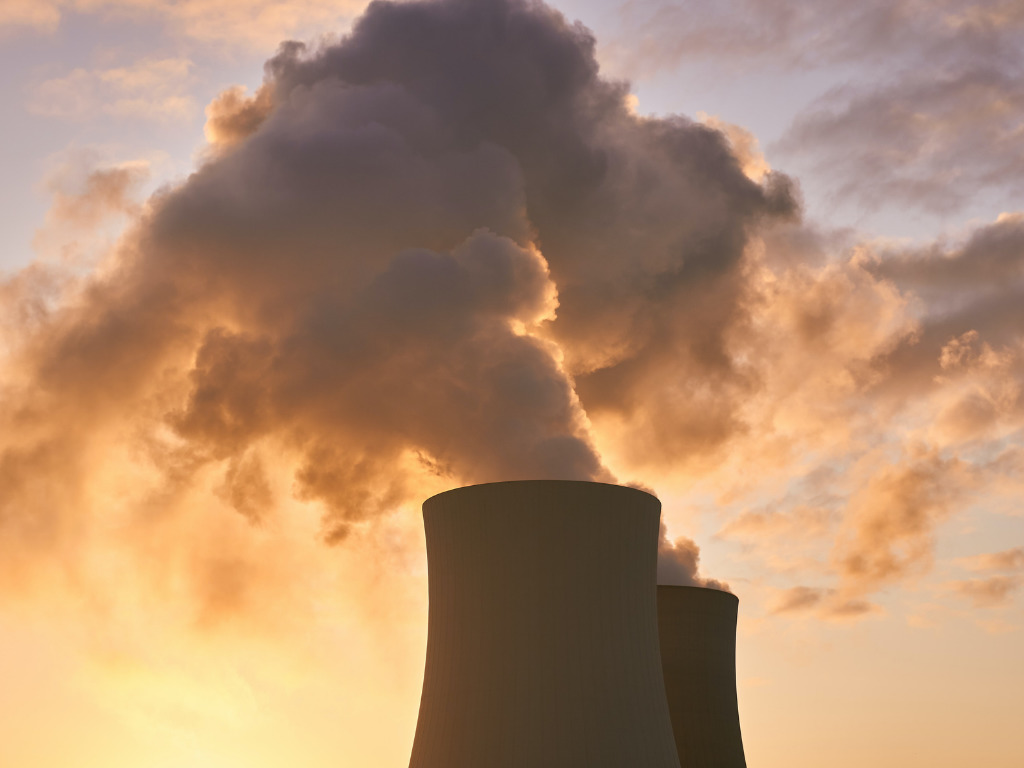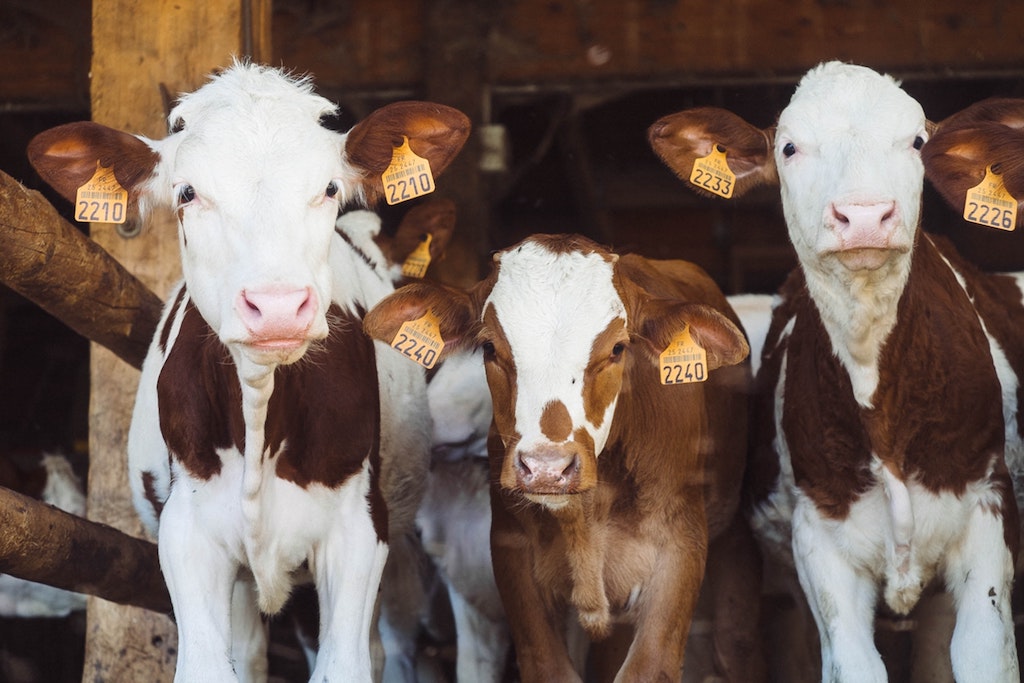EU Falling Short On Methane Targets As Experts Call for Limiting Meat Consumption
4 Mins Read
A new report suggests limiting meat consumption to no more than two times per week to help reduce methane emissions and slow the impact of climate change. But despite multiple calls for reducing methane emissions, countries are falling short on commitments.
The new State of Climate Action 2022 report looked at progress across 40 indicators vital for reducing emissions by half by the end of the decade.
The report says limiting meat consumption to two burgers a week is critical for staving off a climate catastrophe. It also called for expanding public transport to six times the current rates and pointed to the need to drastically slow rates of deforestation, phase out coal, and speed other industries, such as electric vehicles, and cement and steel production, to further their emissions reductions.
“The world has seen the devastation wrought by just 1.1C of warming. Every fraction of a degree matters in the fight to protect people and the planet. We are seeing important advances in the fight against climate change but we are still not winning in any sector,” Ani Dasgupta, the chief executive of the World Resources Institute, one of the organizations behind the report, said of the findings.
Methane targets falling off track
While progress is happening, it’s not happening fast enough; more than half of the indicators were off track and five were losing ground, the report found.
The E.U., which pledged to reduce methane emissions by 30 percent by 2030 will not likely meet that target, another recent report found. Methane emissions are second to CO2 in causing global warming, producing about 20 percent of all global emissions. But methane traps more heat than CO2, and accelerates global warming’s impact; methane is at least 27 times more damaging than CO2 over the course of a century.
Last year saw methane emissions at their highest levels on record, according to the National Oceanic and Atmospheric Observatory. Animal farming in Europe is producing the methane equivalent of the heating from 160 coal power plants over 20 years.

“It’s a big deal,” said Tim Searchinger, a senior research scholar at Princeton University and senior fellow at the World Resources Institute. “Enteric methane emissions [from cow burps and farts] alone would add at least 25 percent more to agricultural emissions by 2050, compared to 2010.”
Energy production and animal agriculture are the leading producers of methane emissions. In Europe, the majority of methane comes from agriculture, but according to the report by the Changing Markets Foundation, the E.U. has avoided directly tackling the issue through policy.
“We’re in a climate emergency and cutting methane is the best short-term measure to slow the temperature increase,” Nusa Urbancic, campaigns director for the Changing Markets Foundation, told the Guardian. “That is why we need urgent policy action to transform our food production systems. Our leaders must start listening to scientists instead of lobbyists, otherwise the E.U. won’t be able to meet the global methane pledge.”
Methane emissions targets
Just reducing methane emissions could have a significant impact on slowing climate change; researchers say cuts to methane could reduce global warming by 50 percent between 2030 and 2050. But the E.U.’s drop is likely to fall well below that—less than 20 percent by 2030.
Australia recently joined pledges by the E.U., U.K., and U.S. to reduce methane emissions by at least 30 percent by 2030, earmarking $3 billion (AUD) toward low-emissions technology and $8 million (AUD) toward supporting seaweed as a low-emissions livestock feed, but the country said it wouldn’t put financial pressure, such as taxes, on the agricultural industry to ensure cuts.

NSW Farmers, Australia’s largest agricultural advocacy agency, insisted the government promise not to tax farmers for their methane emissions. Peter Arkle, CEO of NSW Farmers, put the onus on “research and development” saying the country needs “better innovation” to meet emissions targets.
That position mirrors industry pressures in the E.U.; according to the Changing Markets Foundation’s report, reducing livestock emissions is critical to get closer to the 2030 30 percent target. But the report cites “undue influence” from agri-industry lobbyists, which had three times more face time with officials than non-industry groups. It says the lobbyists have had such strong influences on efforts and legislation that livestock emissions are not likely going to be reduced enough to make significant strides toward targets.
Lead image courtesy of Pexels.




